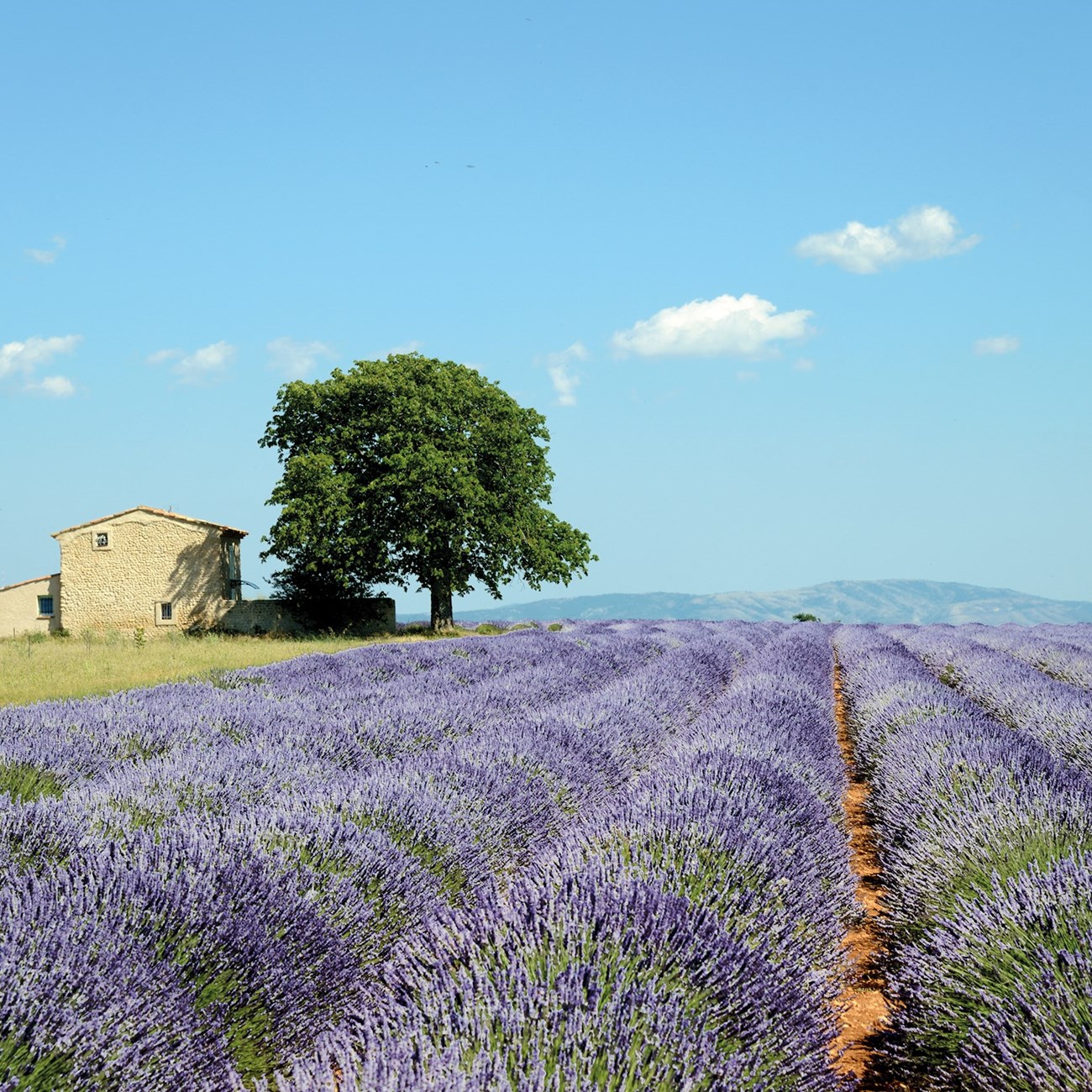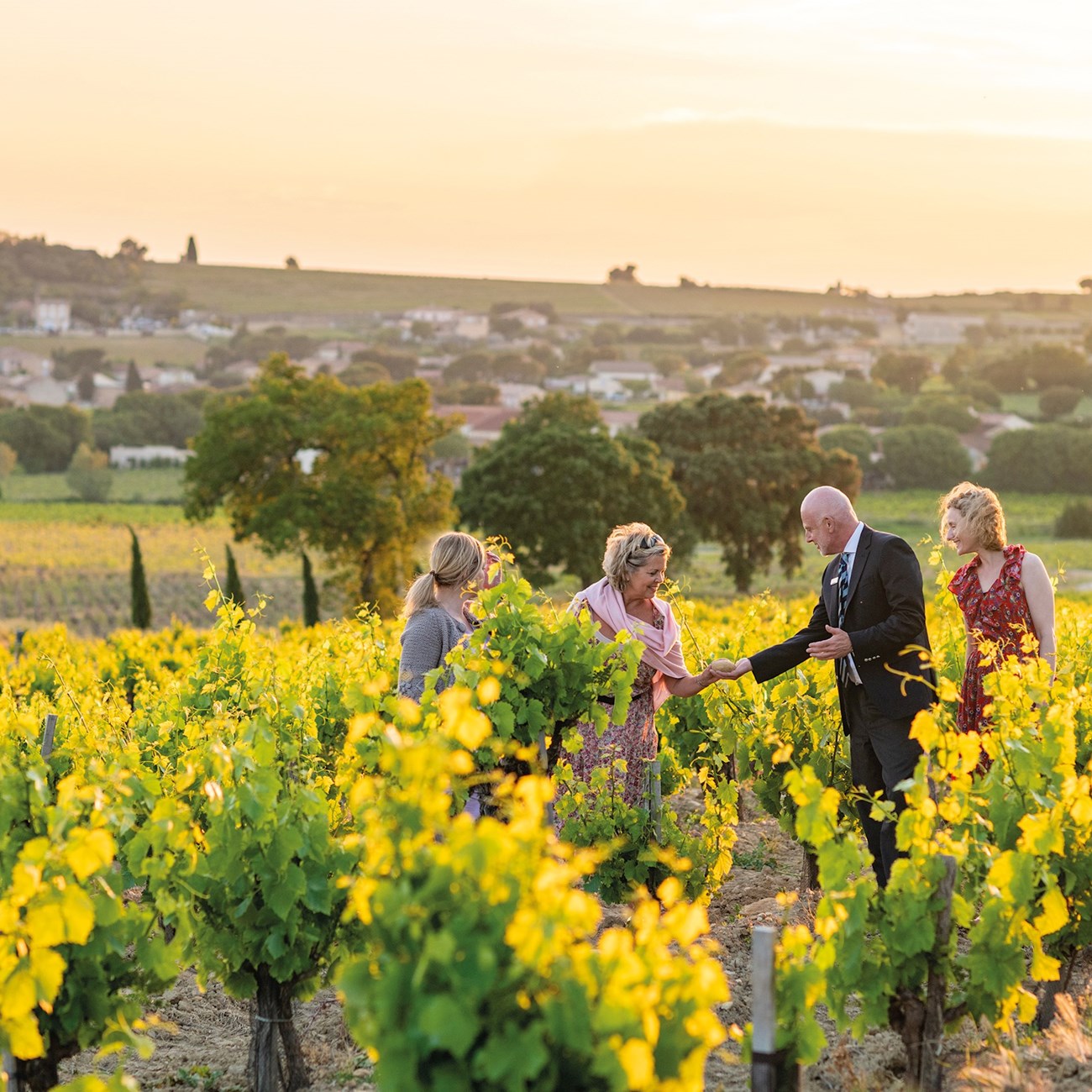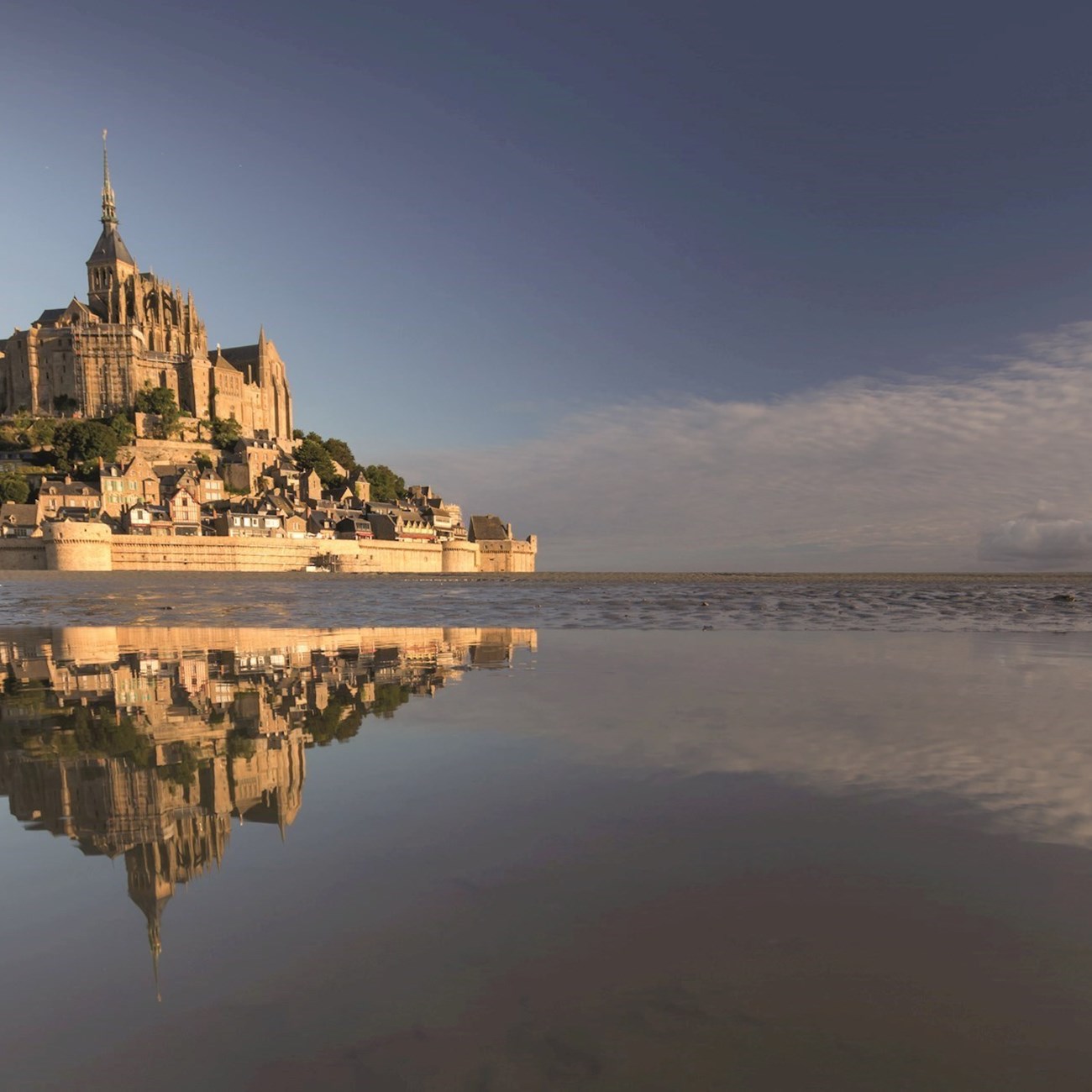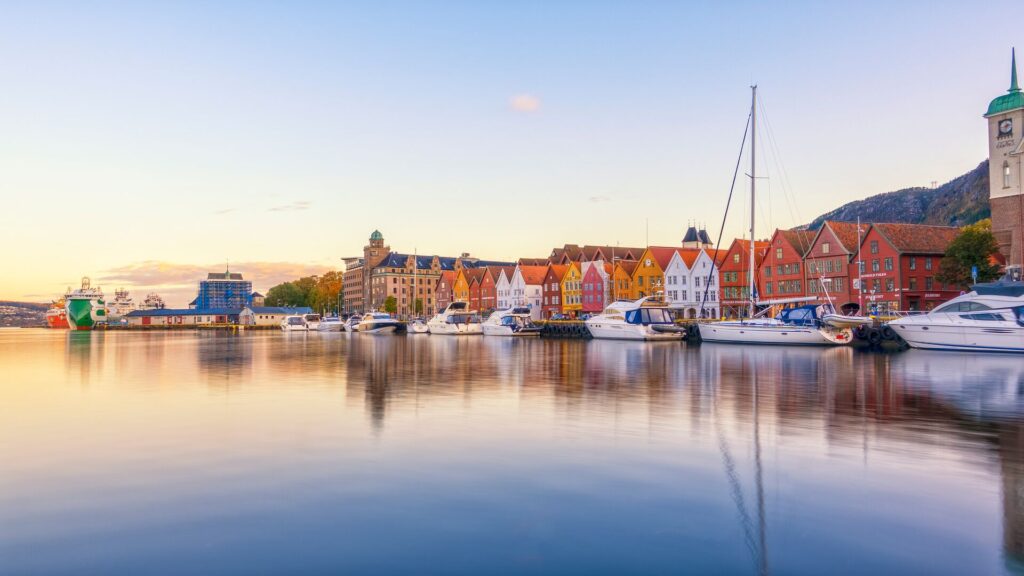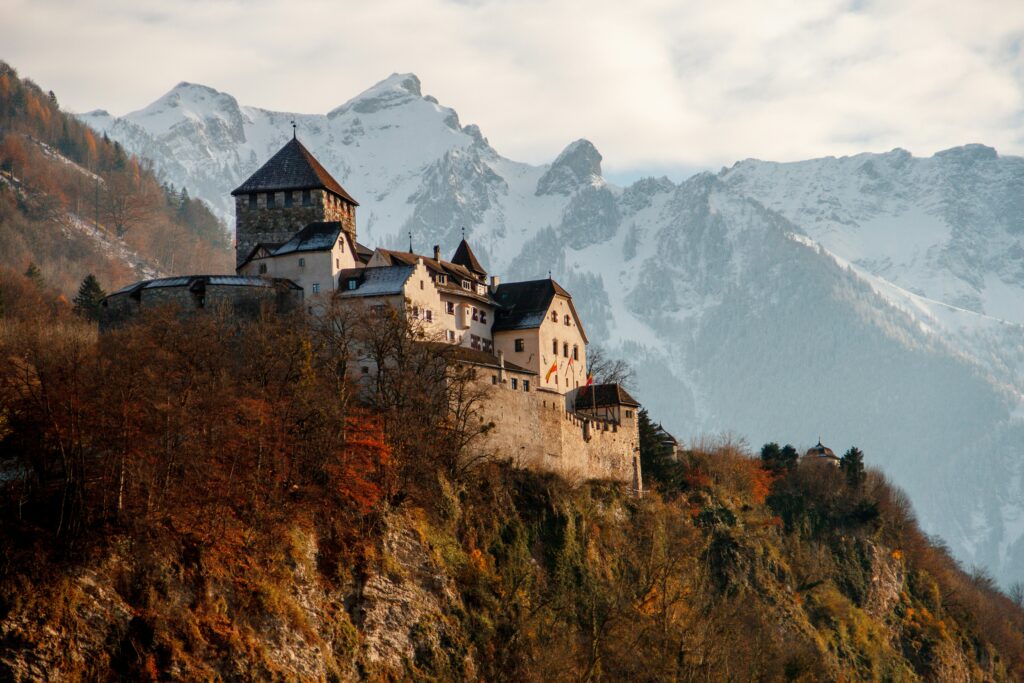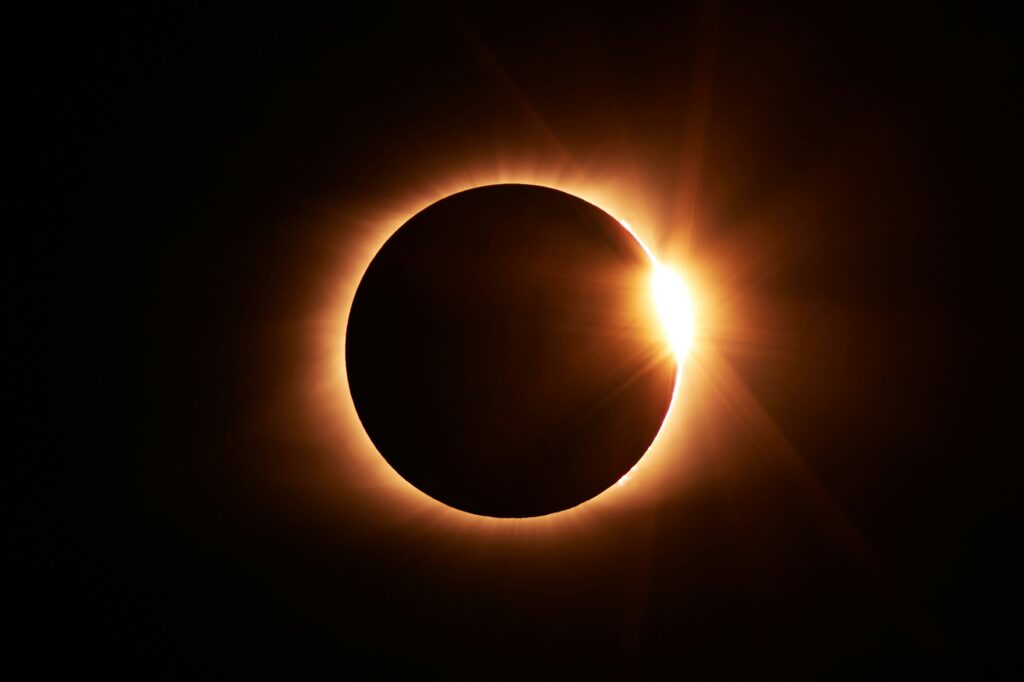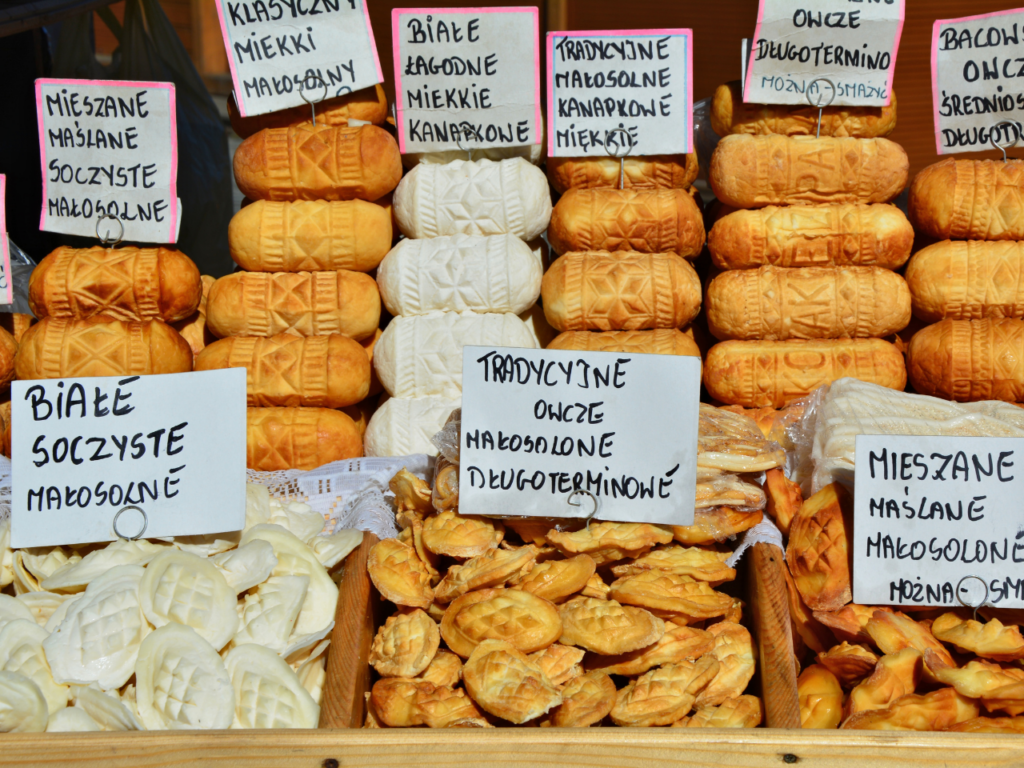Je T’aime: Why French Is Considered the Most Romantic Language In the World
Oh, oui! It’s no secret that French is widely considered the most romantic language in the world. For many, this elegant, silky language is like ear candy. But what makes it so alluring? From the melodic accent to the poetic phrases and romantic culture in France, we find out why French has a reputation as the language of love and look at some other close contenders for the title of the most romantic language in the world.
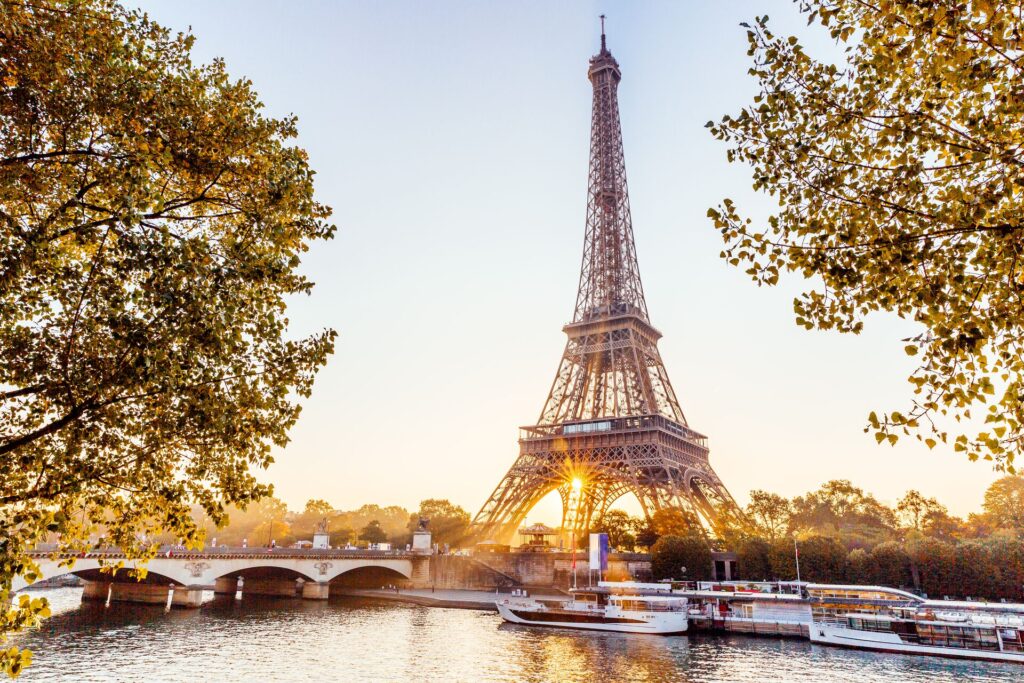
The French language has a romantic reputation
French is considered the most romantic language in the world – just ask Google! A Google Translate survey found that French is the most common European language to translate romantic phrases. The survey looked at the most frequently translated phrases in six European languages – French, English, Spanish, Italian, German and Russian. It found that 34 of the top 1,000 words translated into French were about love or were romantic in naure, which was more than any other language. The most requested translation was je t’aime (I love you), along with mon amour (my love), tu me manques (I miss you), je t’adore (I adore you), belle (pretty), and magnifique (gorgeous).
A Babbel survey also found that 34% of the 140,000 people interviewed said French is the sexiest language, while 37% said French is the sexiest accent. Ooh la la! A whopping 90% said that if they were to learn a language for its romanticism, they’d choose French. So there’s definitely a perception that French is the most romantic language. But why is that?
Learning French makes you enamouring to the ear
The French language actually sounds romantic. It’s a euphonic language, which means its pleasing to the ear, and linguists put this down to the accent and pronunciation including the vowel distribution, the soft consonants, and the rhythmic intonation of the language.
French pronunciation is more pleasing
French speakers have a softer pronunciation. They don’t pronounce the consonant at the end of a word unless its followed by a vowel, which makes the words sound sweeter. The language also contains consonants with soft sounds like L, M, N and R, rather than harsh consonants like T, P and K.
French speakers do not use stress or intonation on certain syllables, which differs from English speakers who usually add stress to words. Vowels and consonants are evenly distributed, making words flow better. Since words are stressed in the same way with consistent pitch changes, sentences sound more rhythmic and poetic. A lot of words are also linked together, bring a musical rhythm to sentences. For non-native listeners, French often sounds harmonious and melodic – and it’s a beautiful language for poetry and music.
The French accent is alluring
There are 28 different accents found across France, however the Parisian accent is one that most people are familiar with. It sounds husky and breathy and this is all thanks to the sheer number of vowel sounds in the language. French has 23 vowel sounds, compared to English, which has 14 vowel sounds. Since vowel sounds are made by allowing the breath to flow out of the mouth while closing the mouth, it all makes it sounds so breathy and irresistible. Combine that with uvular trill (the back of the throat ‘r’ sound) and you’ve got one elegant language.
But it’s not just the mechanics of the French language that make it so romantic. The history and cultural context also provides an insight into why this language is so enchanting.
SAVE UP TO $2,000 PER COUPLE* ON YOUR FIRST PREMIUM TOUR.
Plus receive latest offers, travel inspiration, and discover how your travels will make a positive impact. Together, WE MAKE TRAVEL MATTER®. Subscribe NowIt’s part of the romantic French culture
French may be the most romantic language in the world, but that should come as no surprise when you consider the French culture’s reputation for romance and tragedy. French has long had a reputation as the language of love, dating back to the 18th century when French was the language of aristocracy, courtship, chivalry and the arts.
The French language also has a rich literary tradition, with many famous poets and writers writing beautifully and extensively about love and loss, such as icons like Victor Hugo and Alexandre Dumas, who were influenced by the Romanticism era of the 19th century. Famous french films like Amelie (2001) and Amour (2012) have further solidified its reputation as the language of romance.
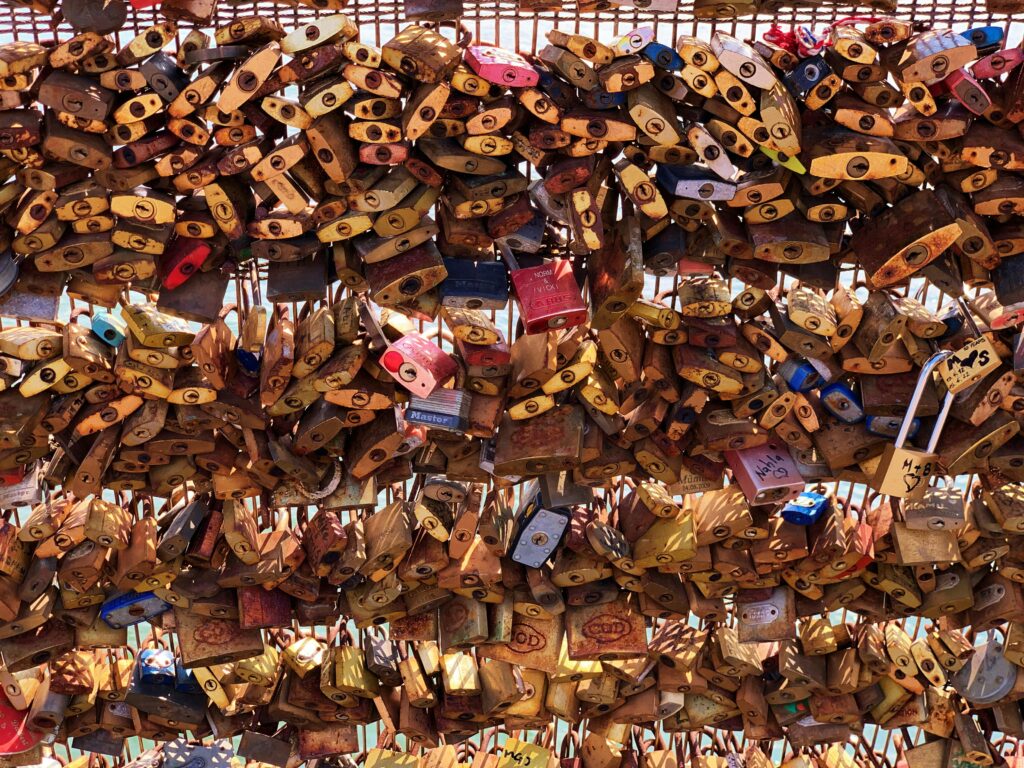
You can see this perception everywhere today. Rose asks Jack to “draw me like one of your French girls” in Titanic (1997). Sex and the City’s Carrie Bradshaw jumping on a flight to Paris to fight for her love. Gossip Girls’ Blair Walforf runs to Paris to escape heartbreak and find her one great love. And in Emily in Paris, Emily navigating love affairs galore in Paris… Famed as the City of Love itself. Très romantique!
Just imagine taking our European tour packages to France and strolling around Le Marais, cruising down the Seine, popping a bottle of champagne at the top of the Eiffel Tower, or saying ‘je t’aime’ at the Wall of Love in Montmartre. It all sounds a little cliché, but the French culture and language reminds us of the beauty of love and romance.
French descriptions and words are beautiful
Love and romance are complex concepts. But the French language is so descriptive and flowery, it perfectly describes the joy and anguish of romance in ways that the English language does not. Have you ever spent hours wallowing in the heartbreak of unrequited love? You’ve experience la douleur exquise. It translates to ‘exquisite pain’.
Have you ever wandered the streets with no goal or destination in mind and only for the pleasure of enjoying the moment? That’s known as flâner in French culture. On a similar note, profiter means to enjoy the art of being in the moment, such as when spending time with a loved one, indulging in a croissant, or watching the world pass by with a glass of wine.
Retrouvailles is another unique word that describes the joy of meeting a loved one again after being apart for a long time. It literally means “to find something again” and it’s all about the magic of human connection when two people reunite and time seems to stop. There’s a French phrase – les retrouvailles sont hors du temps – that loosely translates to “there are moments that don’t fit time”.
English speakers have even adopted several French phrases into everyday language, such as fiancée, rendezvous, ménage à trois, liaison, and tête à tête. With all these oh-so-romantic phrases, it’s no wonder French has a reputation as the language of passion.
Other romantic languages
While French may be considered the most romantic language in the world, there are certainly a few other close contenders.
Learn Spanish
Similar to French, Spanish is one of the five Romance languages (including Italian, Portugese and Romanian) that are rooted in the Latin spoken by the Roman Empire. Because of this, Spanish also has a melodic sound that is strongly associated with romance. Spanish has soft consonents and long, rolling vowels. The rhythmic Spanish verb conjugations make it ideal for creating music and poetry. The language is also part of the rich cultures across Spain and Latin America, with everything from Spanish art to the Argentine tango boosting the romantic perception of Spanish. Since Spanish is one of the most widely spoken languages in the world, with around 500 million speakers, it’s definitely one of the most romantic languages.
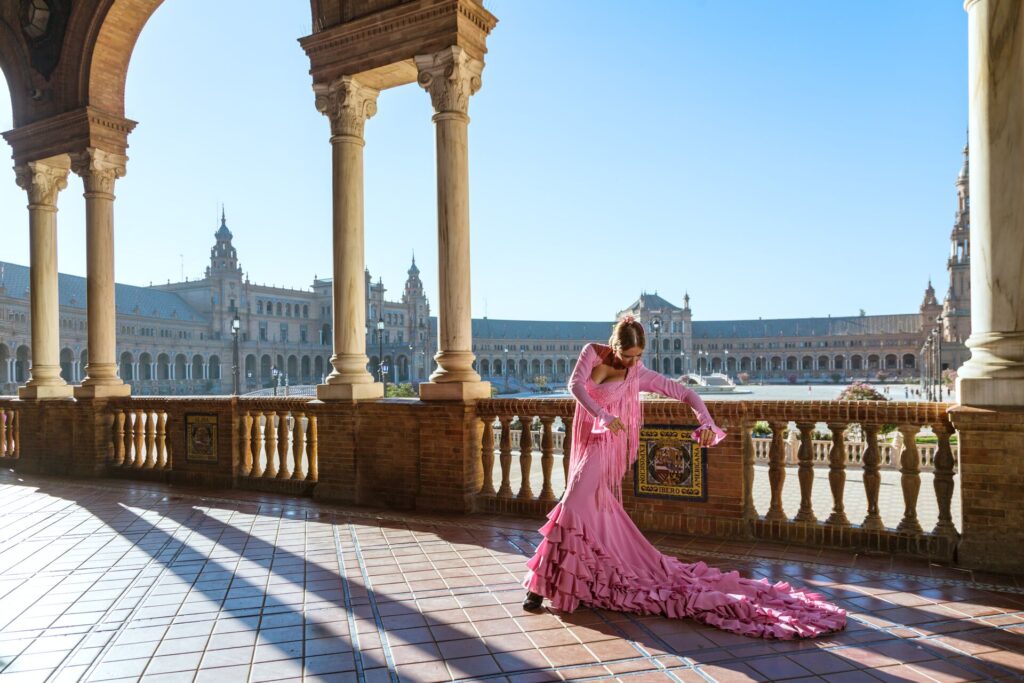
Learn Italian
A language spoken in Italy – home to world-renowned artists, writers and composers, opera and literature, and passionate locations like Tuscany, Venice and Sorrento – has got to be one of the most romantic languages in the world. Italian is another Romance language, with soft, flowing sounds and a musical nature. Almost all Italian words end in a vowel making it softer with a beautiful cadence. When you combine this with the vast history of poetry and prose, you can’t help but fall head over heels for this fiery language.
Learn Portuguese
Portuguese is another Romance language originating from Latin. It has a romantic reputation as it uses melodic intonations that are perfect for music. It also has long, smooth vowels which allow for unrestricted air flow, making it ideal for singing. Spoken in Portugal and Brazil, you’ll hear Portuguese in a range of genres such as samba, marrabenta, bossa nova. It’s also used in fado, a traditional style of Portuguese music that is often centered on themes of love and longing. Portuguese also has many unique, romantic words and concepts. Almost everyone can relate to saudade, the feeling of desire, nostalgia, and longing. Or cafuné, the act of running your fingers through a loved ones hair. Muito romântico!
What do you think is the most romantic language in the world? Let us know! Or why not experience it for yourself on one of our guided tours and immerse yourself in the romance?

LIKED THIS POST? SHARE WITH YOUR COMMUNITY
